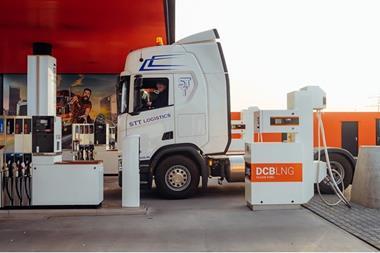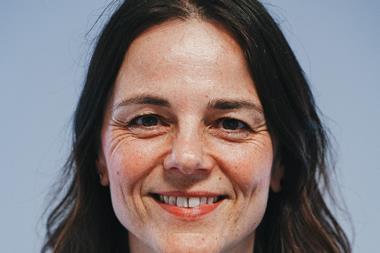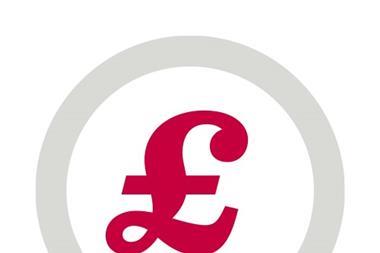The potential effects of the coronavirus on the global economy dominated discussion in oil markets in February, slicing more than 20% off oil prices since January 20, when it first came to light.
Benchmark crude Ice Brent hovered just above $50/bl at the close of the month, a level last seen in July 2017, losing nearly $8/bl in February.
Gasoline and diesel prices on international spot markets shed $9/bl and $8/bl respectively, leaving plenty of scope for further heavy falls at the pump as retail prices catch up with the bulk markets.
Opec and its allies face the sternest of tests at their meeting in Vienna on March 5-6 trying to stop the rot.
The producers have proved adept at keeping their word on supply cuts in recent agreements but handling a demand shock is far more challenging. The rout on all the world financial markets has also complicated their task.
A robust message of promising to cut production further by 1mn b/d could halt the slide but threatens to show Opec and allies chasing losses if the virus crisis develops into a full-blown pandemic that goes on to cripple economies and national infrastructures.
It would also be a tall order as Russian oil companies are questioning the tactic of ever-increasing cuts.
"Something happens on oil markets every month, but if the Opec/non-Opec partners react to every change, this will only lead to further destabilisation," Gazpromneft chief executive Alexander Dyukov says.
"It is better to monitor the situation and decide on revisions to production quotas a bit later."
UK motorists can look forward to cheaper pump prices in the near future for diesel.
The huge dip in aircraft demand for jet fuel because of Coronavirus has led to surplus jet blended into the diesel pool increasing supply.
But the price falls might ease the blow of a potential increase in fuel duties for the first time in more than a decade in the March budget statement from new UK Chancellor of the Exchequer Rishi Sunak.

































No comments yet